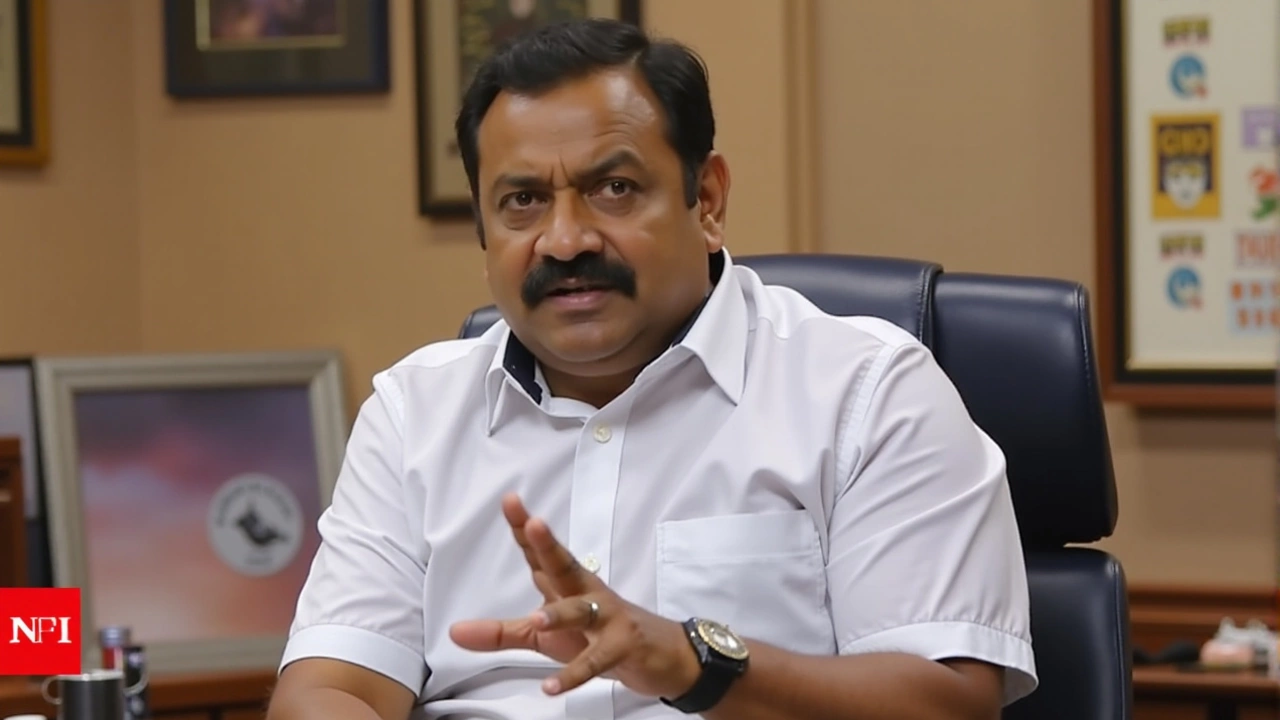US Indiction Updates: What’s Happening Now
If you’ve heard the word "indictment" on the news and wondered what it actually means, you’re not alone. An indictment is simply a formal charge that a grand jury hands down when they believe there’s enough evidence to try someone in court. It’s a big step in the legal process, but it’s not a conviction. In plain language, think of it as a very serious accusation that kicks off a trial.
How an Indictment Works
First, a prosecutor presents evidence to a grand jury – a group of ordinary citizens who listen in secret. The grand jury doesn’t decide guilt; they decide if there’s probable cause to move forward. If they vote “yes,” the indictment is filed, and the defendant gets a copy of the charges. From there, the case can go to a preliminary hearing, a plea bargain, or a full trial. This whole process is designed to keep the government honest and protect people’s rights.
One key thing to remember is that an indictment can happen even if the evidence later turns out to be weak. That’s why you’ll often hear about high‑profile cases where the accused is eventually cleared. The system isn’t perfect, but it gives both sides a chance to argue their point before a judge or jury decides the final outcome.
Recent High‑Profile US Indictments
These past months have seen several headline‑grabbing indictments. For example, a former tech executive was charged with securities fraud after an investigation revealed misleading statements to investors. Another case involved a politician accused of bribery and money‑laundering, sparking a heated debate about ethics in public office. Each indictment has its own story, but they all share the same legal steps.
Why do these stories matter to you? An indictment can affect markets, political climates, and even everyday business decisions. When a major corporation faces an indictment, its stock might dip, and employees could feel uneasy. Likewise, a public official’s indictment can lead to policy changes or shifts in voter sentiment. Keeping an eye on these developments helps you stay informed about forces that shape society.
Now, you might wonder how to follow indictment news without getting lost in legal jargon. Most major outlets have dedicated sections for court updates, and many offer plain‑language explanations. Look for articles that break down the charges, the evidence, and the next steps in the process. If a story mentions a grand jury, remember that it’s the first big checkpoint, not the final verdict.
In everyday life, the impact of an indictment can be subtle. A local business owner facing charges might need to close temporarily, affecting community services. A celebrity’s indictment could influence public opinion on certain issues. By staying aware, you can better understand the ripple effects that a single legal action can create.
So, what should you do next? Bookmark reliable news sites, set up alerts for key terms like "US indictment" or "grand jury," and read a mix of headlines and deeper analyses. When you hear about an indictment, ask yourself: Who is involved? What are the alleged crimes? What’s the next legal step? These questions will guide you to the most relevant information without getting overwhelmed.
Bottom line: an indictment is a serious legal charge that starts a courtroom journey. It’s not a guilty verdict, but it signals that the government believes there’s enough evidence to proceed. By keeping track of recent indictments and understanding the process, you stay ahead of the curve and can see how these legal moves shape the world around you.
